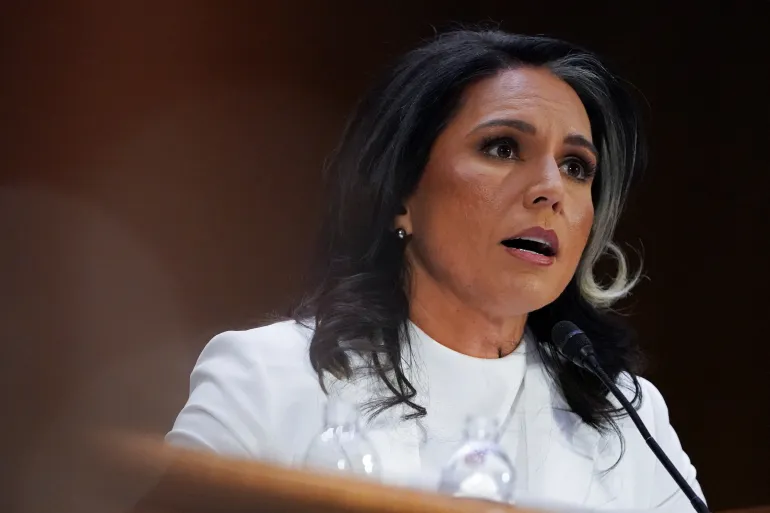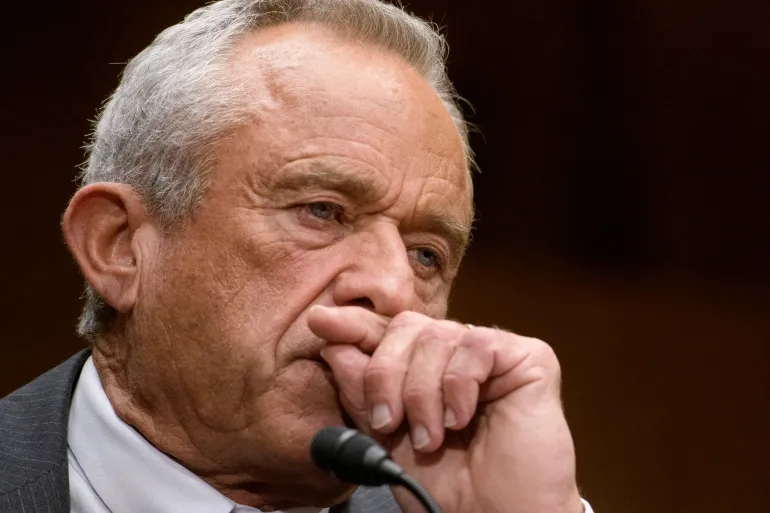Record Number of Journalists Killed in 2024, Israel Responsible for Majority, Says CPJ

A staggering 124 journalists were killed worldwide in 2024, making it the deadliest year for media workers in over three decades, Al Jazeera reports, citing the Committee to Protect Journalists (CPJ)’s annual report released Wednesday.
The report highlights a disturbing trend of targeted killings and implicates the Israeli military in the deaths of the majority of victims.
The CPJ’s findings reveal that at least 85 journalists were killed during Israel’s war on Gaza, with 82 of those victims being Palestinian. This surpasses the previous deadliest year, 2007, when 113 journalists died, a significant portion due to the Iraq war.
The organization further accused Israel of actively hindering investigations into the killings, attempting to shift blame onto the journalists themselves, and failing to hold its military personnel accountable for the deaths. They highlighted at least 10 journalists who were allegedly “murdered” by the Israeli military in Gaza and Lebanon.
Beyond the conflict in Gaza, the CPJ report identified Sudan and Pakistan as the joint second most deadly countries for media workers, with six journalists killed in each. The report also noted an “alarming rise in the number of targeted killings,” with at least 24 journalists deliberately killed because of their work. These assassinations occurred in Haiti, Mexico, Pakistan, Myanmar, Mozambique, India, Iraq, and Sudan.
Freelance journalists were particularly vulnerable, accounting for 43 deaths – over 35% of the total. Of those, 31 were Palestinian freelancers reporting from the front lines in Gaza.
The Israeli military has faced increasing scrutiny for its actions against journalists, including those working for Al Jazeera. While Israeli authorities have denied deliberately targeting journalists in Gaza, these claims are met with skepticism by press freedom advocates.







